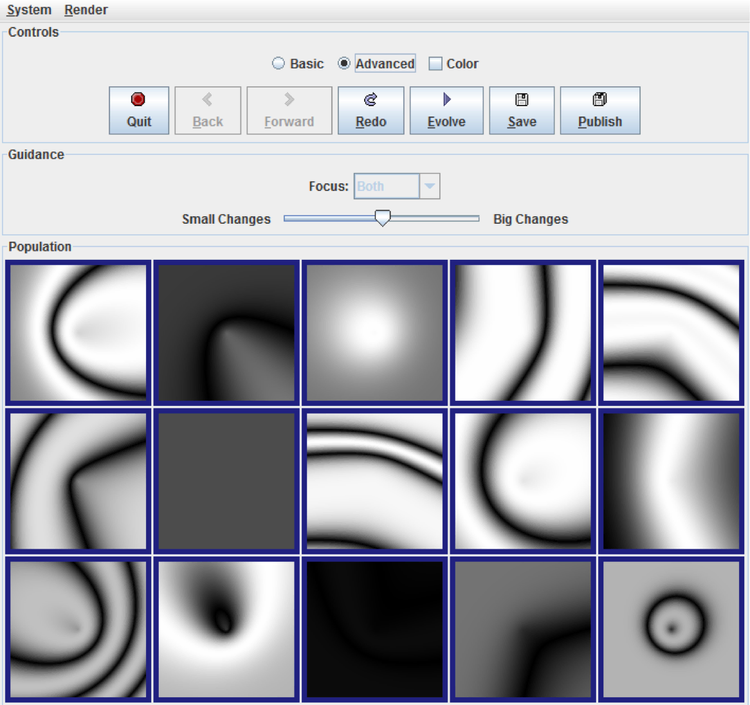Goal-setting is Bullshhh
What’s present when there are no problems to solve?
- Loch Kelly
I’ve always felt that goal-setting is bullshit. And now there is research to support my lifelong bias. And I want to tell you about it so you too can avoid setting goals!
But first, let me tell you about my maternal grandfather, a true salesman who loved setting goals. His young adult life got off to a troubled start. According to his own folklore, he had been hauled into court for some act of delinquency when he was 17 and the judge told him he could choose between the military when he turned 18 or jail.
The military shaped him up a bit but it took him several years after discharge to find his footing as a salesman, eventually for Xerox. He excelled and took his salesmanship skills into real estate where he made a lot of money, at least for a time.
To me, he was always a salesman, regardless of what he was selling. And with this came a set of “tools” that every great salesman had, chief among them was goal-setting. He set all kinds goals and even tried to start a business selling goal-setting white boards. I remember his love of setting goals finally was targeted at me, once I was in high school.
He would ask me about my goals and I recall fumbling and making something up every time. I didn’t grow up in a particularly ambitious household so I never thought beyond the next baseball game, weekend party, or school year. I didn’t even take the SATs or plan for college.
I literally had no goals. And the slacker, grunge pop culture in my early-mid 90s high school only served to make me more allergic to goals.
Through some circuitous path, I finally ended up in college, graduated summa cum laude, got a master’s degree and two PhDs, published a book with a great university press, helped found a successful non-profit and now a fledgling emotional health start-up, and became an emotional health coach and a conscious dance DJ . . . all without setting goals.
—————
I never set goals because I would just do what I was interested in and see it through to completion. If I stopped being interested, I stopped doing it.
A part of me thinks this is a failure mode. I have not strung together a long, successful career because of this. I have transitioned from thing to thing, following my interest, and often putting burdens on my family because of it.
But it’s also led me here, to this moment, to a place where everything I’m doing allows me to work with other amazing people to bring new and needed things into the world. I can’t imagine any other way I could’ve got here except by NOT SETTING GOALS.
—————
So what about the research on goal-setting? I recently came across Kenneth Stanley, a computer science professor and researcher at OpenAI (the people behind the now famous GPT-3, ChatGPT, and DALL-E) who showed in various studies that true creativity doesn't come from having goals or objectives. Rather, goals and objectives produce the same old stuff, just more of it.
His central experiment was with a computer program called Picbreeder:
The picture-breeding website allows users to evolve meaningful images from randomly generated blobs by choosing an image in each generation from which to create child images. As the process repeated over and over, users created images of everything from butterflies to space ships.
Below is a picture of the program at the very beginning of picture-choosing process:
What he found was that identifiable images like butterflies and space ships were produced only when the users engaged with the program without an aim, only choosing the images they were most interested in. If users began with a goal, like a car or tree, they would end up producing pleasant looking blobs.
The upshot of Stanley’s research is that creativity, whether in business, science, art, or your life, comes from not from goal-setting, 10-year plans, or vision boards. It comes from people 1) following their interests in the here and now, and 2) using what they find as “stepping stones” to the next interesting thing.
—————
So, what does this have to do with emotional health?
I have a lot of coaching clients who come in with goals. And that makes sense: coaching has become almost synonymous with setting and achieving goals. And so part of my job is to slowly and gently back away from goals — even if the goal is to emotionally heal.
Instead, what we need to do is drop into the present moment and listen for what’s alive, what’s calling out, what’s “interesting” in the words of Stanley. Through awareness techniques and Internal Family Systems parts work, we can start to get curious and see what a person’s internal system really needs and wants.
Over time, something beautiful and unexpected emerges. Just like Stanley’s experiment, clients discover capacities, feelings, desires, and life trajectories they never could’ve planned for. Real healing looks hardly anything like their original goal.
Today, I invite you to drop your plans, goals, and objectives, and feel into what lights you up, what’s most alive in your system, what really “interests” you. And play around with where that might take you next . . .

